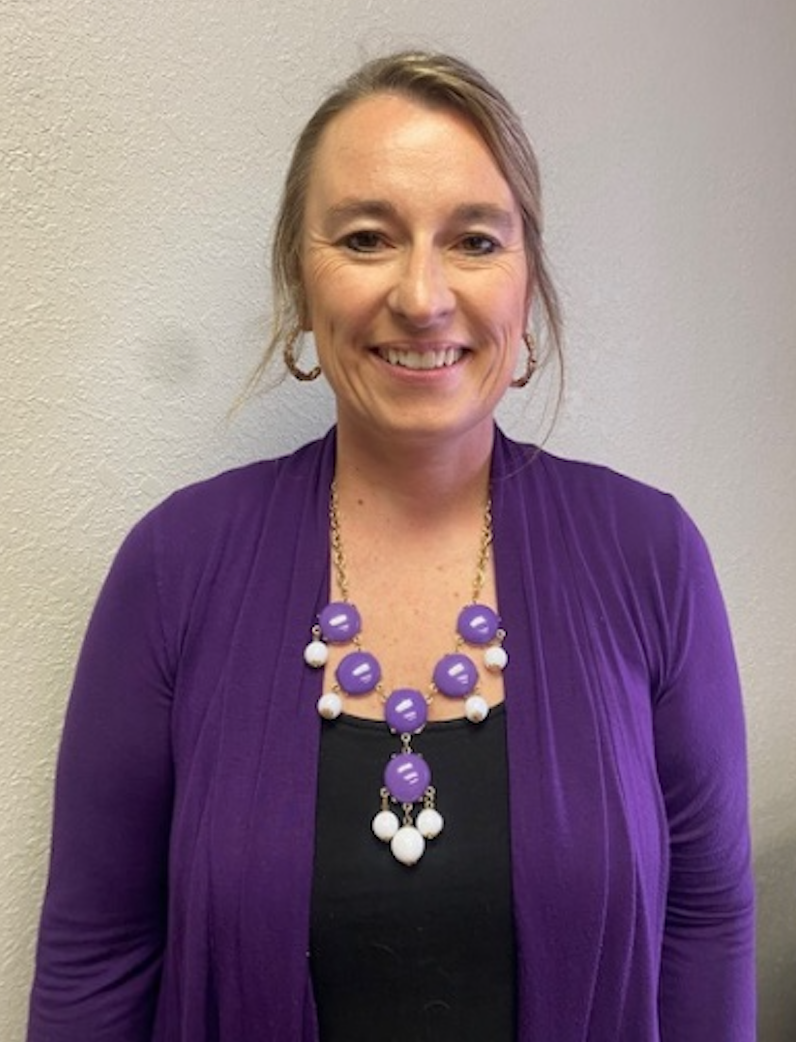
Changing diapers, making lunch, or getting backpacks ready for the next day can seem like mundane chores for parents. However, these can be opportunities in our daily routines that gives parents not only time to spend with their children but also use as a chance to bond and have fun.
Families are busy, I get that! Slowing down and taking the opportunity to do a chore with a child not only can help the child bond with the parent or caregiver but the child also learns valuable skills during the process. For example, changing a diaper can be a boring and messy task. However, a parent can take this opportunity to have fun with the child. Singing a song or a saying a fun rhyme can help distract the child from the task but also gives the child an opportunity to engage with their parent or caregiver and learn social emotional skills.
Being responsive to children is a key element of bonding with a child. Being responsive means we look at, touch, or talk to our children when they try to get our attention. Children learn to trust us when respond to them and we meet their needs. Dr. Bradford Wiles, K-State Research and Extension Specialist and Associate Professor states, “That bond is really around forming trust between each other (and) having an emotional connection. That feeling of security that is a foundation. Children know that their primary caregiver is a secure base from which they can explore their world. They can always turn back to that secure base.”
When a baby is born they want to be near their mother or parent most of the time. This is their safe place and the natural habitat of a newborn. However, as the baby becomes more mobile(crawling) and explores their environment they will move farther away from their mother or primary caregiver. They usually come back and check in on a fairly regular basis with mom or primary caregiver. This shows secure attachment of the child to the primary caregiver which is important for their entire life and the relationships they will have.
As children get older, they form more relationships with family, friends, and the community. The parent still plays an important role though as the child grows so that is why using routine opportunities throughout the day to check in is a great way to continue that relationship.
Monique Koerner is the Family and Community Wellness Agent with K-State Research and Extension – Cottonwood District. You may reach her at: 785-628-9430 or [email protected]






